Unlock the mysteries of heart palpitations with our comprehensive guide. From understanding causes to recognizing seriousness and exploring effective remedies, take proactive steps to safeguard your heart health. Let us navigate you through this common yet often puzzling phenomenon, empowering you to regain control and embrace a rhythmically balanced life.
Table of Content:
- What Causes Heart Palpitation?
- When Are Heart Palpitations Serious?
- Adrenaline-Induced Palpitations
- Which Illnesses Cause Heart Palpitations?
- How to Stop Heart Palpitations
What are Heart Palpitations?
A healthy heart beats regularly at a rate of 60 to 80 beats per minute, slowing down during sleep (40 to 80 beats per minute). A pulse rate above 100 beats per minute is considered tachycardia by doctors. Heart palpitations, also known as arrhythmias, are perceived as unpleasant and can be felt in the chest or throat. If an accelerated heart rate is triggered by physical exertion, excitement, fear, or nervousness, there is usually no cause for concern. However, if the heart beats irregularly, strongly, and rapidly without an identifiable cause, or if it occurs frequently, it is advisable to consult a doctor. Palpitations often accompany conditions unrelated to the heart, necessitating specialized treatment.
When Are Heart Palpitations Serious?
It is important to record each episode of palpitations, noting its duration, heart rate, and accompanying symptoms such as chest pain, shortness of breath, dizziness, headache, nausea, weakness, pallor, and cold sweats. Recording the circumstances surrounding palpitations can help identify triggers and assist the doctor in diagnosis.
Adrenaline-Induced Arrhythmia
Adrenaline, also known as the stress hormone, increases the force of contraction and the stroke volume of the heart, leading to faster blood pumping. It is responsible for the sensation of the heart pounding in exhilarating, positive, or frightening situations. Sometimes, simply thinking about what we fear, desire, or what bothers us can trigger an adrenaline rush and increase heart rate.
Which Illnesses Cause Heart Palpitations?
Heart palpitations can occur with conditions such as hyperthyroidism, anemia, low blood glucose levels, and fever. If accompanied by symptoms like shortness of breath, chest pain, loss of consciousness, high blood pressure, or in individuals with diabetes, coronary artery disease, or high cholesterol, emergency medical assistance should be sought.
How to Stop Heart Palpitations
- Proper Breathing: Sit comfortably (preferably near an open window), place both feet flat on the floor, and take slow, deep breaths followed by long exhales.
- Drink Cold Water: Drinking cold water slows down heart rate as it flows through the esophagus. Additionally, splashing or moistening the face with very cold water can help.
- Herbal Infusions: Herbal teas like aniseed or pumpkin leaf infusion can aid in normalizing heart function and promoting relaxation. Fresh grapes are also beneficial.
- Honey Drink: Mix half a glass of warm water with juice from half a lemon and a tablespoon of honey. This drink can positively impact heart contraction. Consume it every morning.
- Valsalva Maneuver: Take a deep breath, pinch your nostrils shut, and exhale gently with closed mouth to momentarily increase chest pressure and normalize heart rhythm.
- Forced Coughing: Attempt to cough forcefully several times, mimicking the effect of a deep breath.
See also
The Ultimate Guide to Low Carb Eating
(Reading Time: 3 minutes) When adhering to a low carb eating regimen, it’s essential to…
Cinnamon Health Secret: Massages and Baths that Relax and Cleanse
(Reading time: 2 minutes and 11 seconds) Discover the magical world of cinnamon – not…
Peas, Beans, and Cabbage – Transforming Your Life
(Reading time: 3 minutes) Experience a transformative journey towards better health and vitality as we…
Watermelon – The Perfect Potency Booster
(Reading time: 3 minutes) Discover the natural potency booster hiding in your fruit bowl –…
Energize Your Day: Introducing Bacon, Pear, and Nut Spread!
(Reading time: 2 minutes) Experience a burst of energy like never before with our Bacon,…
Spice Up Your Digestive Health: A High-Fiber Smoothie Recipe for Constipation Relief
(Reading time: 2 minutes 30 seconds) Struggling with constipation, especially during pregnancy, can be uncomfortable…
Discover the Health Wonders of Plums!
(Reading time: 1 minute) Unlock the nutritional treasures of plums! Whether it’s Hungarian, Renklod, or…
B12 Deficiency Symptoms
B12 Deficiency (Read time 2 minutes and 30 seconds). Vitamin B12, an essential water-soluble nutrient…
Mandarins: A Burst of Flavor and Wellness
(Reading time: 2 minutes) Unlocking the vibrant potential of mandarins extends far beyond their role…
Sunny Mandarin Jam: A Burst of Citrus Sunshine in Every Bite!
(Reading time: 2 minutes) Mandarin Jam – The refreshing taste of sunny mandarins sealed in…
Harnessing the Healing Power of Home-Made Raspberry Juice
(Reading time: 2 minutes) In the comforting embrace of traditional remedies, there exists a cherished…
Toothache relief. Check Those TOP 7 natural remedies
(Time of read: 2 minutes) Are you seeking relief from the discomfort of a toothache…
Nourishing Benefits of White Dead-nettle Infusion. Check those recipes!
(Reading time: 2 minutes) In the realm of traditional herbal remedies, the unassuming white dead-nettle…
Rediscovering Lard: A Nutritional Powerhouse and Home Remedy Hero
(Reading time: 2 minutes) Pork and goose lard contain healthy monounsaturated and polyunsaturated fats. We…
Managing Menopause: A Holistic Approach to Health and Well-being
(Reading time: 3 minutes) Navigating menopause requires a comprehensive approach to health and well-being. As…
Antiinflammatory Meals Dinner – Egg Casserole with Kale
Antiinflammatory Meals Dinner (Read time: 2 minutes 40 seconds). Inflammation is a natural response by…
Increasing Memory Issues? Explore These 5 Potential Causes
(Reading time: 1 minute and 29 seconds) Experiencing memory lapses? Investigate these 5 potential culprits:…
Nature’s Arsenal: 5 Innovative Strategies to Combat Tooth Decay
(Reading Time: 3 minutes and 23 seconds) In the quest for a radiant smile and…
7 Rules You Must Follow to Maintain Good Eyesight for Years
(Reading time: 6 minutes and 20 seconds) In the hustle and bustle of modern life,…
4 Miracles of Lemon
(Time of read: 2 minutes) Lemon, a versatile citrus fruit, is not only a flavorful…
Stinging Nettle: Nature’s Cure-All. Explore This Nettle Juice Recipe
(Time of read: 2 minutes and 30 seconds) Often brushed aside as a pesky nuisance…
Herbal Remedies Recipes for Pelvic Inflammatory Disease: Nature’s Healing Touch
(Time of read: 3 minutes and 30 seconds) Pelvic inflammatory disease (PID) can strike suddenly…
Comprehensive Rehabilitation Strategies for Tetanus: Alleviating Symptoms and Enhancing Well-being
(Time of read: 3 minutes and 19 seconds) Tetanus, a potentially life-threatening condition characterized by…
Living with joint inflammation (rheumatism)
(Time of read: 2 minutes 19 seconds) Our fingers stiffen, and we struggle to handle…
Revitalize Your Liver: Post-Party Detox Guide
(Read time: 3 minutes) After a night of indulgence, your liver may need some extra…
Is Buttermilk the Ultimate Health Elixir? Unlocking Its Potential
(Reading time: 2 minutes) Buttermilk, a beverage cherished for its refreshing taste and versatility in…
Healthy Eating Habits: A Vital Strategy in Cancer Prevention
(Reading Time: 2 minutes) In today’s food market, an abundance of choices confronts us. But…
5 Simple Methods for Hypertension
(Reading time: 2 minutes) When we have high blood pressure, doctors usually prescribe medication. Sometimes…
9 Grandma’s Remedies for Cold and Cough
(Reading time: 2 minutes and 3 seconds) Scientists increasingly acknowledge that traditional methods from years…
5 Rules of Healthy sleep. How to Regenerate Yourself
(Time of read: 2 minutes) Approximately one-third of our lives is spent sleeping, a period…
11 Rules of Healthy Eating to lose Weight
(Reading time: 3 minutes) Struggling unsuccessfully with overweight and obesity? Can’t stick to a diet?…
Choking is deadly. Perform the Heimlich Maneuver
(Reading time: 2 minutes, 28 seconds) What may seem harmless can turn into a life-threatening situation….
Protein Power: Understanding the Essential Role of Protein in Boosting Diet and Performance
(Time of read: 1 minute) Awareness of the role of protein in the diet as…
Black Radish Medicinal Tincture Recipe
(Read time: 30 seconds) Are you seeking a natural remedy to support your digestive system?…
Hypertension. Balancing Blood Pressure: Tips for Healthy Aging
(Reading time 2 minutes and 1 seconds) As people age, it’s natural for blood pressure…
Unlocking the Hidden Potential of Whey: A Nutritional Revelation for Wellness Enthusiasts
(Read time: 2 minutes and 42 seconds) Often dismissed as a mere by-product of cheese-making,…
Top 5 foods for maintaining healthy gums. Uncover the lesser-known qualities of these food items.
(Read time: 1 minute 35 seconds) Discovering the secret to healthy gums lies not only…
Are you providing enough collagen to Your body? Check this Three-week diet to alleviate joint pain
Follow this diet at least twice a year for three weeks if you experience joint…
How to sit with hemorrhoids? Try those tips for quick pain relief
Are you struggling with hemorrhoid discomfort and looking for effective ways to alleviate the pain…
Berry Brilliance: Unraveling Cranberry’s Health Benefits
Table of content: What are cranberry health benefits? Cranberry juice for circulation Recipe for heart-friendly…
Top 7 Reasons to Eat Brussels Sprouts. You’ll be shocked
Unlock the health benefits of Brussels sprouts with these top reasons to include them in…
How to Combat Helicobacter Pylori Naturally: Symptoms, Risks, and Manuka Honey Remedies
If you often suffer from digestive problems, get tested for the presence of this bacterium….
How to repair dry hair. Simple yet effective tips
Revive your dry, lackluster hair with simple tweaks and professional care. From nutrient-rich diets to…
7 key areas to measure your weight loss. Size Matters
Empowering yourself with the knowledge of how to accurately measure your body’s changes during weight…
Top 9 reasons to eat watercress. An absolute superfood
Discover the year-round powerhouse of nutrition with watercress, a superfood packed with essential vitamins and…
What are eggs health benefits? Are they healthy at all?
Unlock the nutritional potential of eggs! Dive into their rich protein, vitamin, and mineral content….
7 steps to deal with burns
When you experience a burn, swift reaction is crucial. This includes immediate cooling of the…
Test Yourself for Age-related Macular Degeneration. You may be in danger
Detect Age-related Macular Degeneration early with the Amsler Grid test. Developed by Prof. Marc Amsler,…
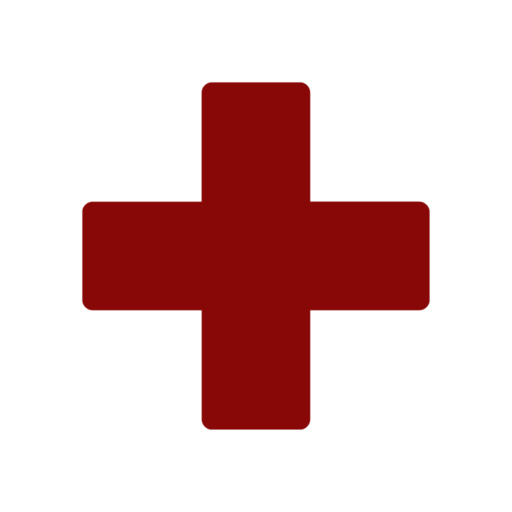





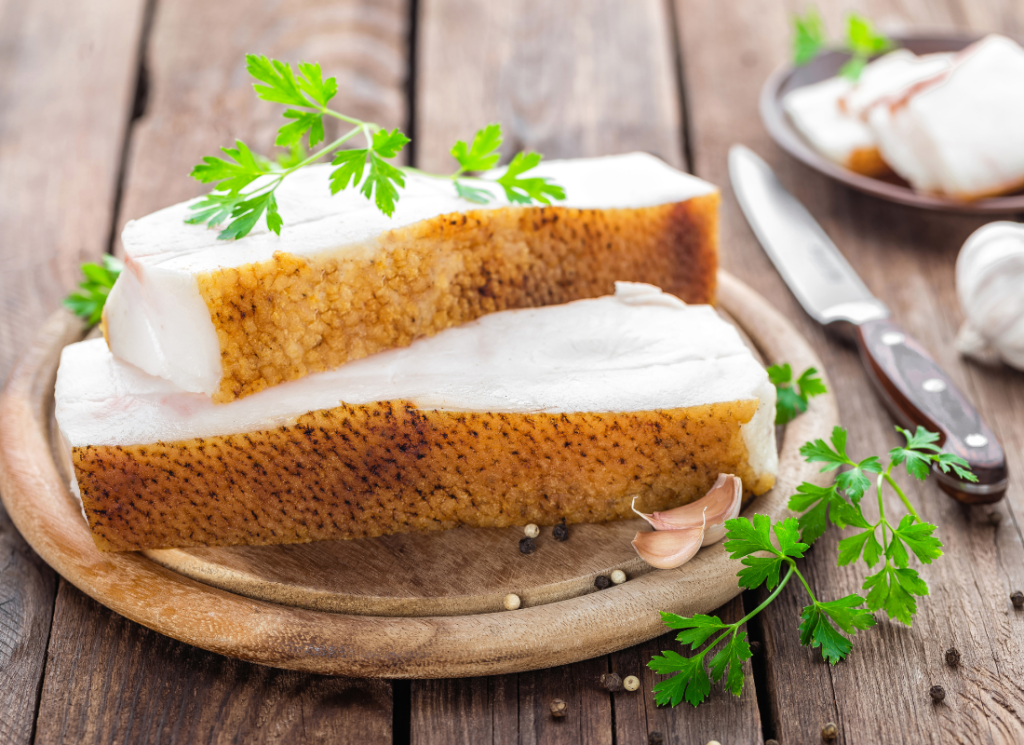




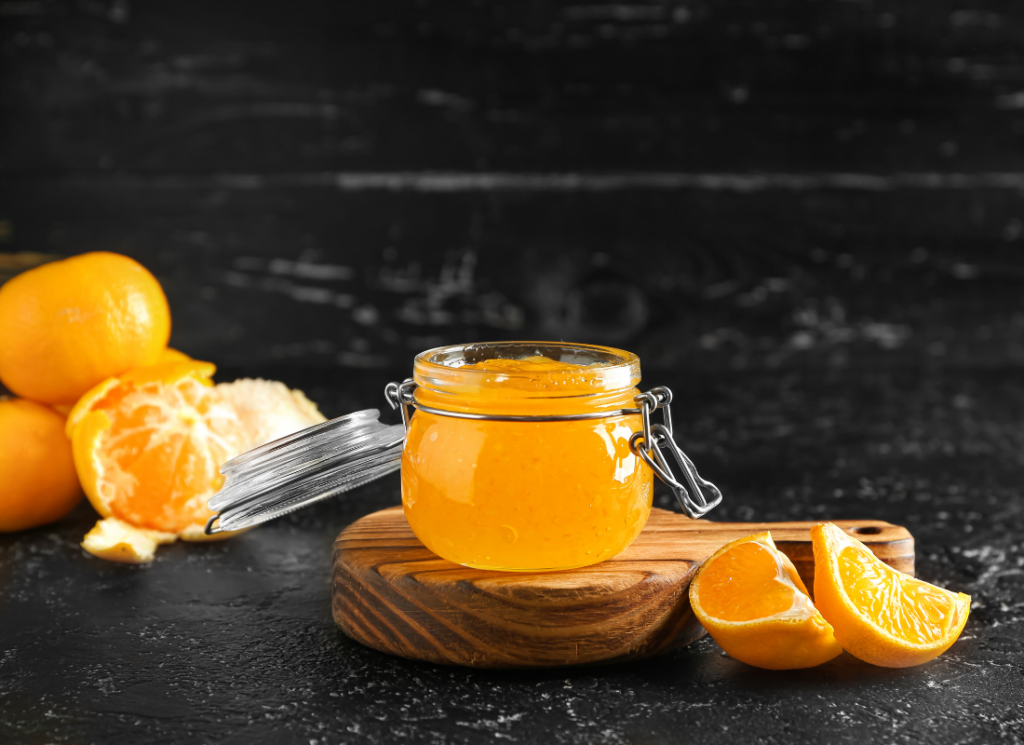

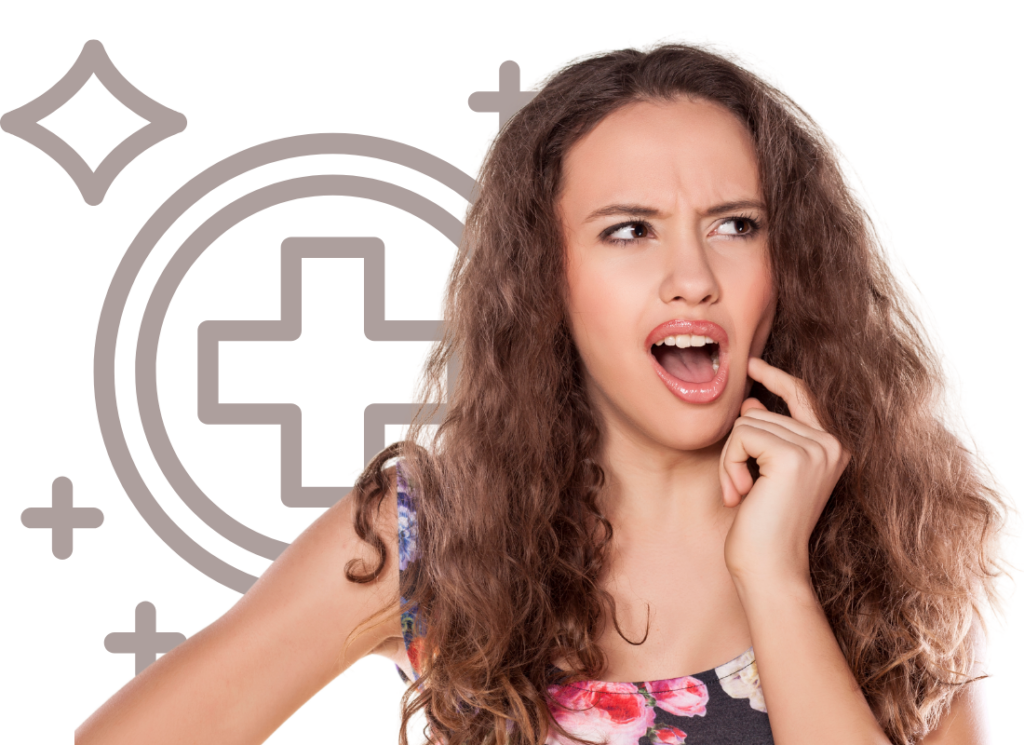
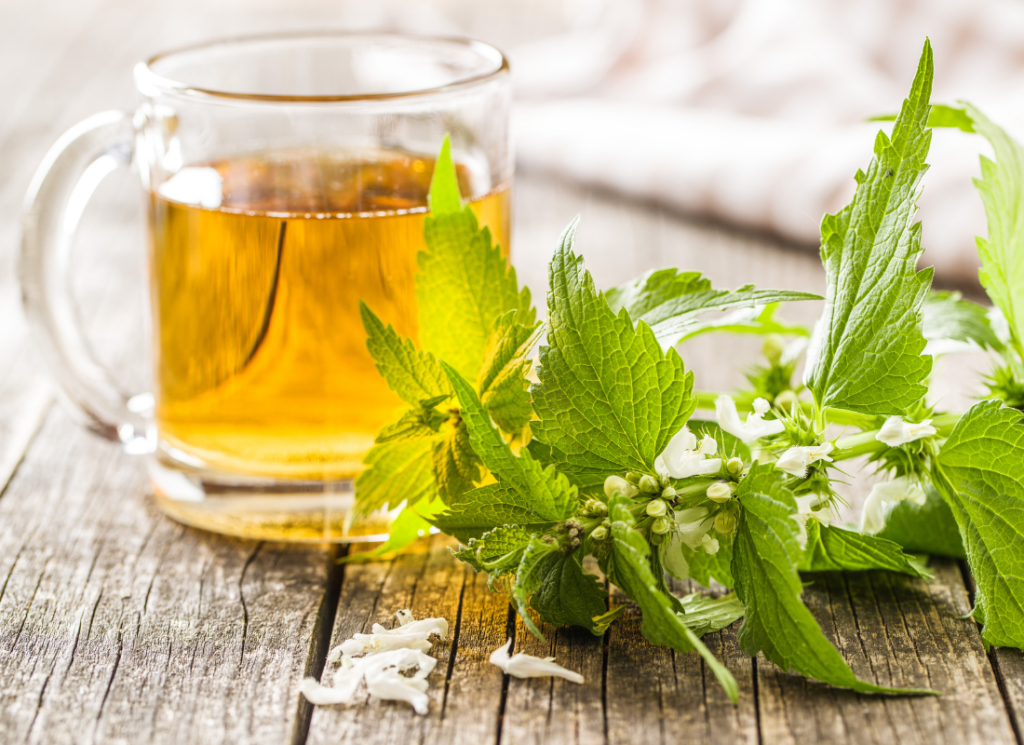
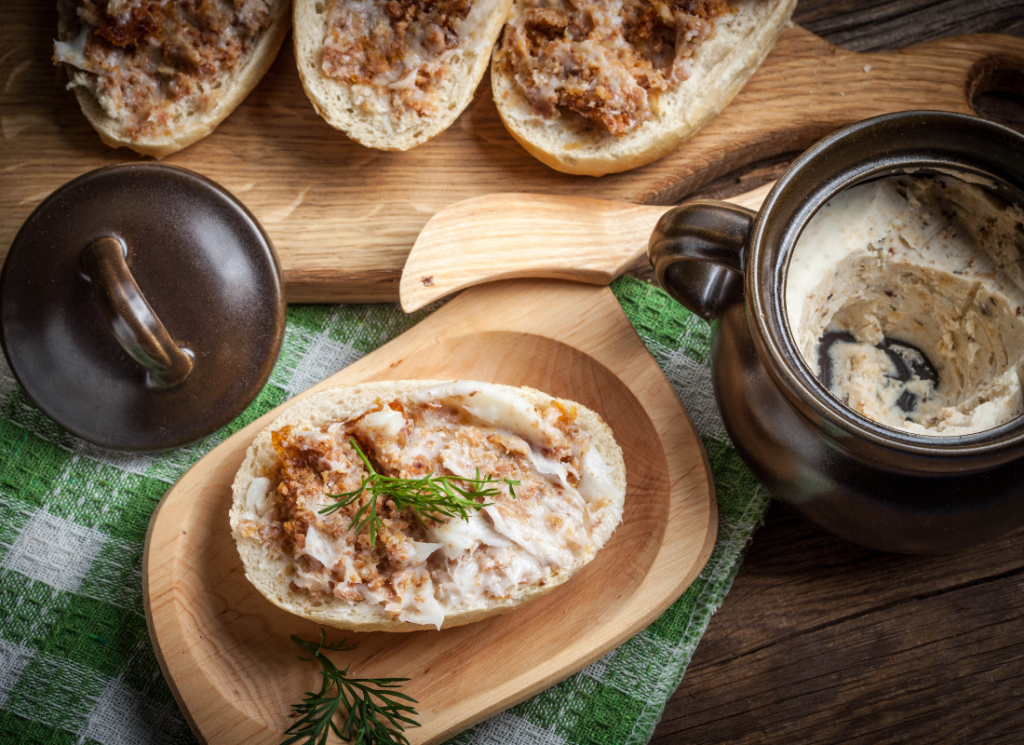


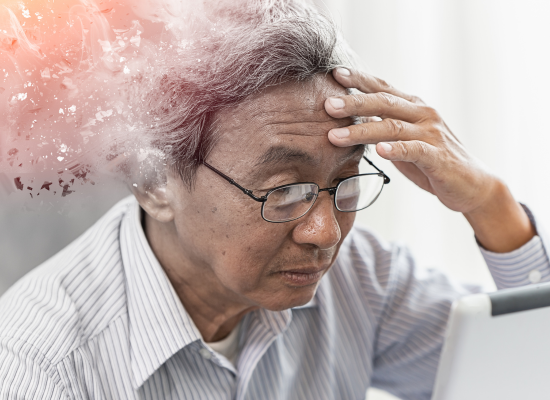



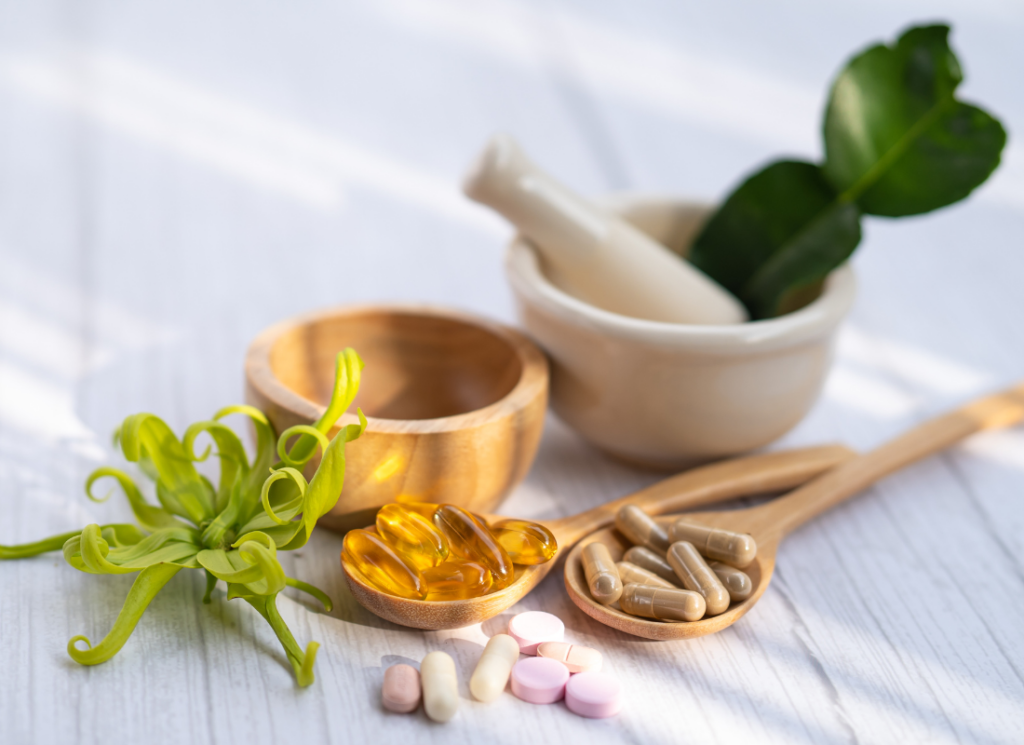
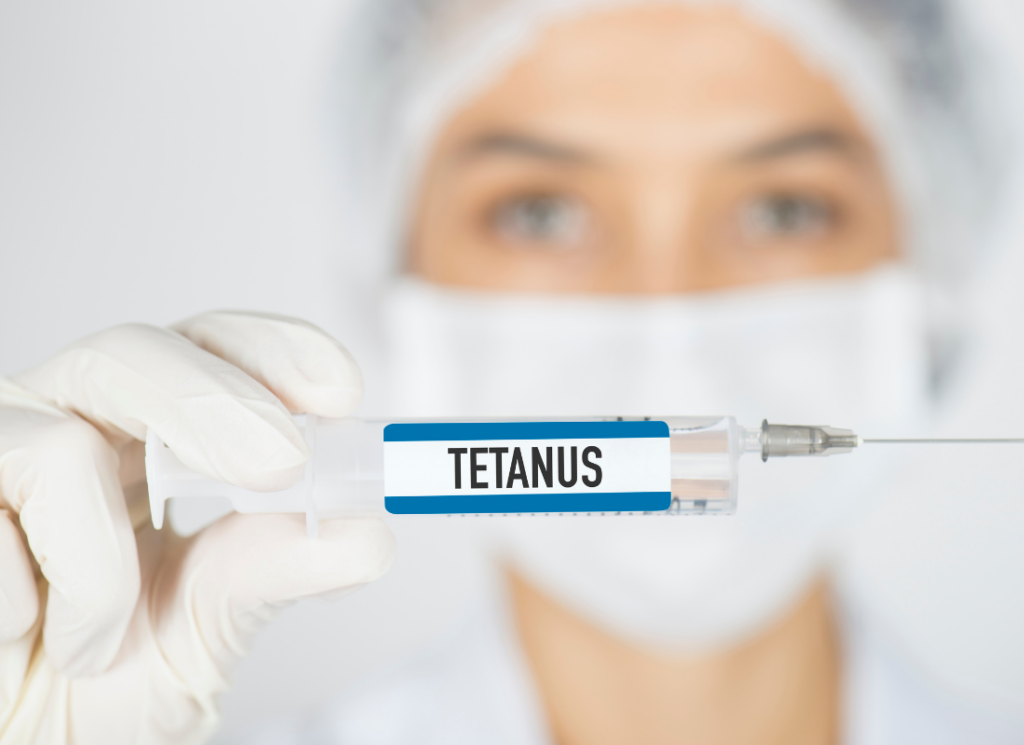
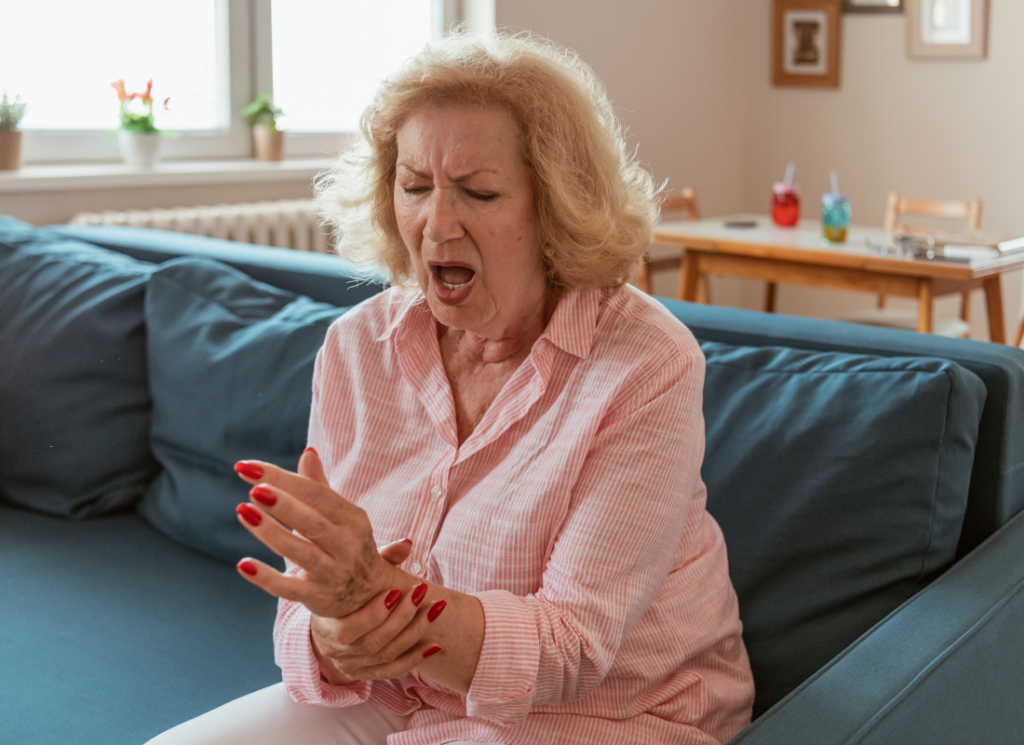
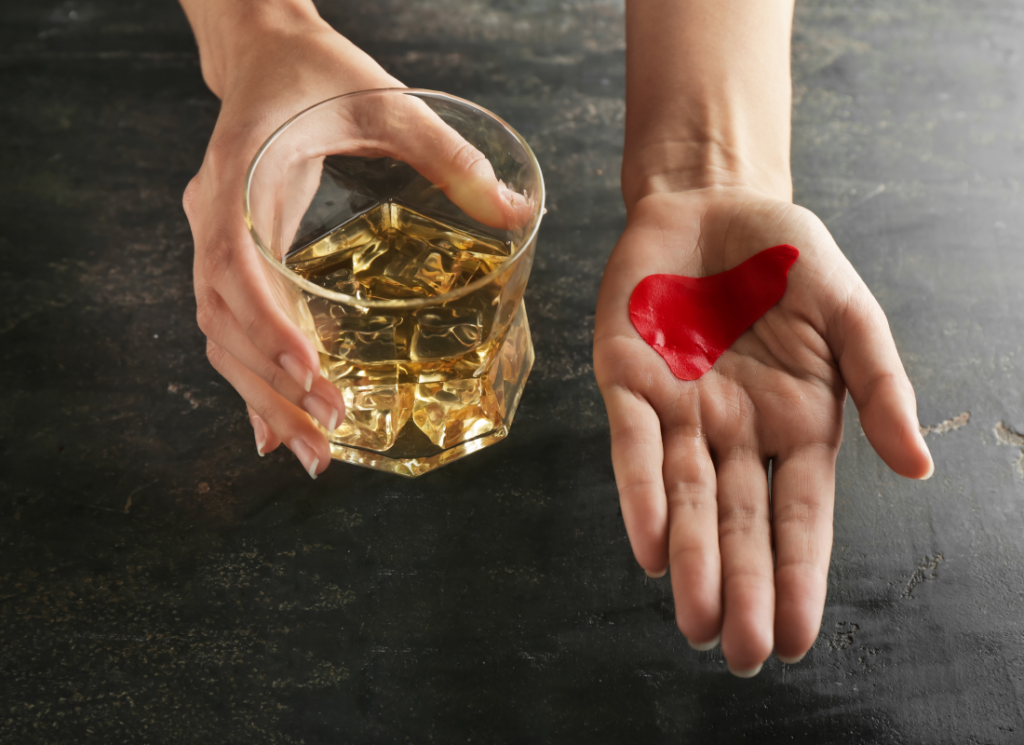
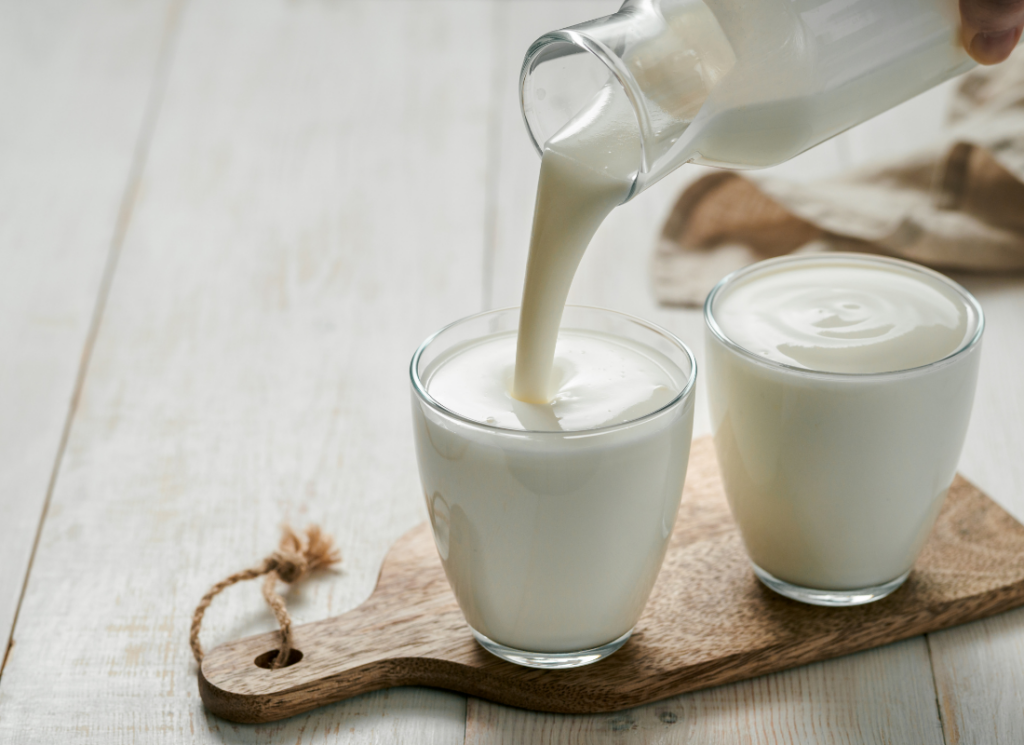

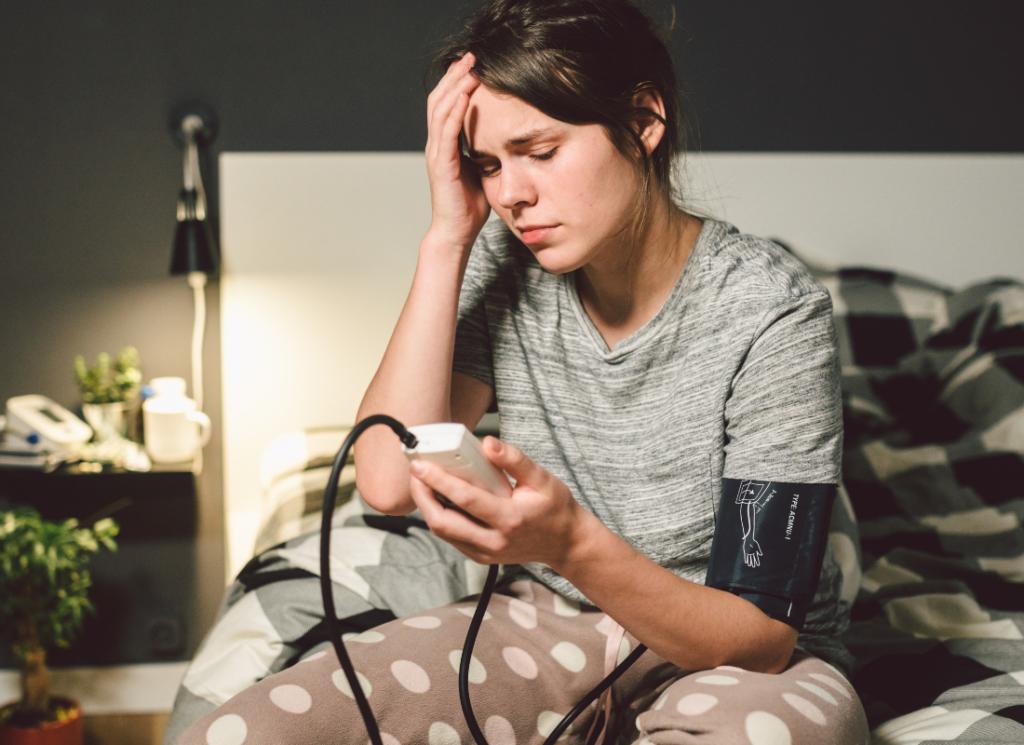



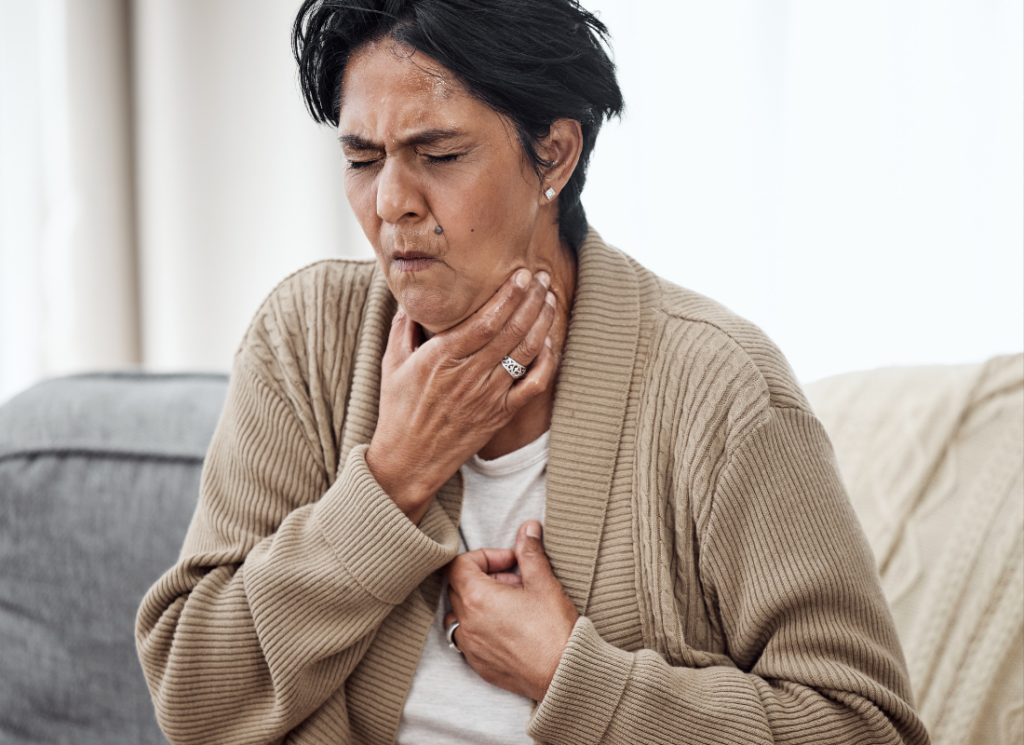
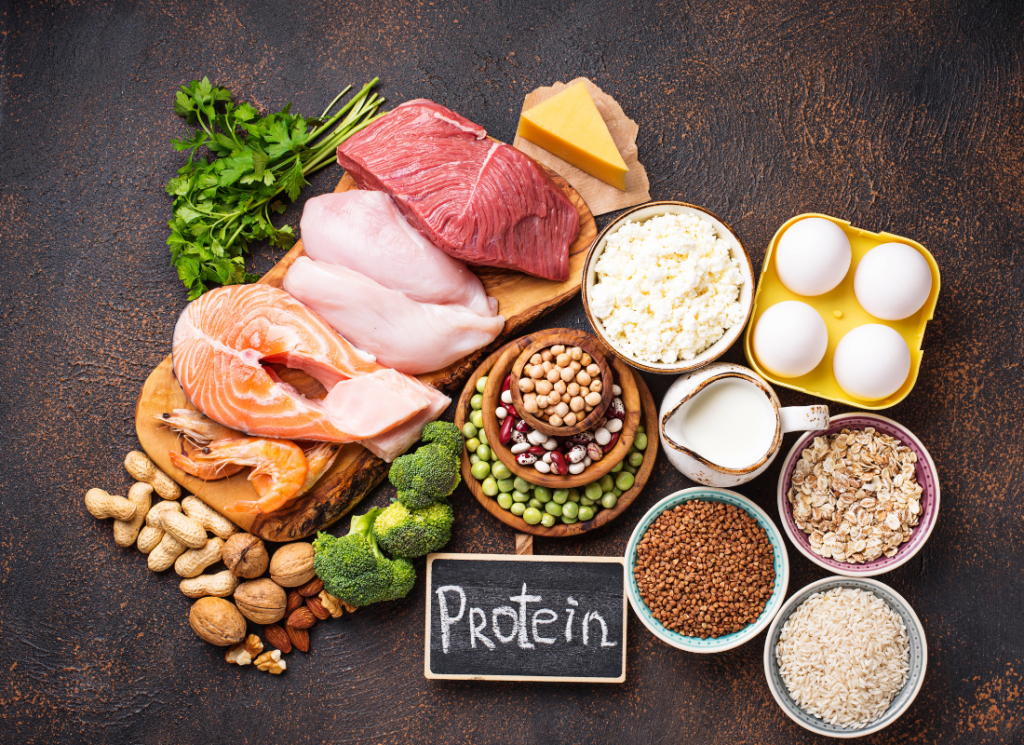

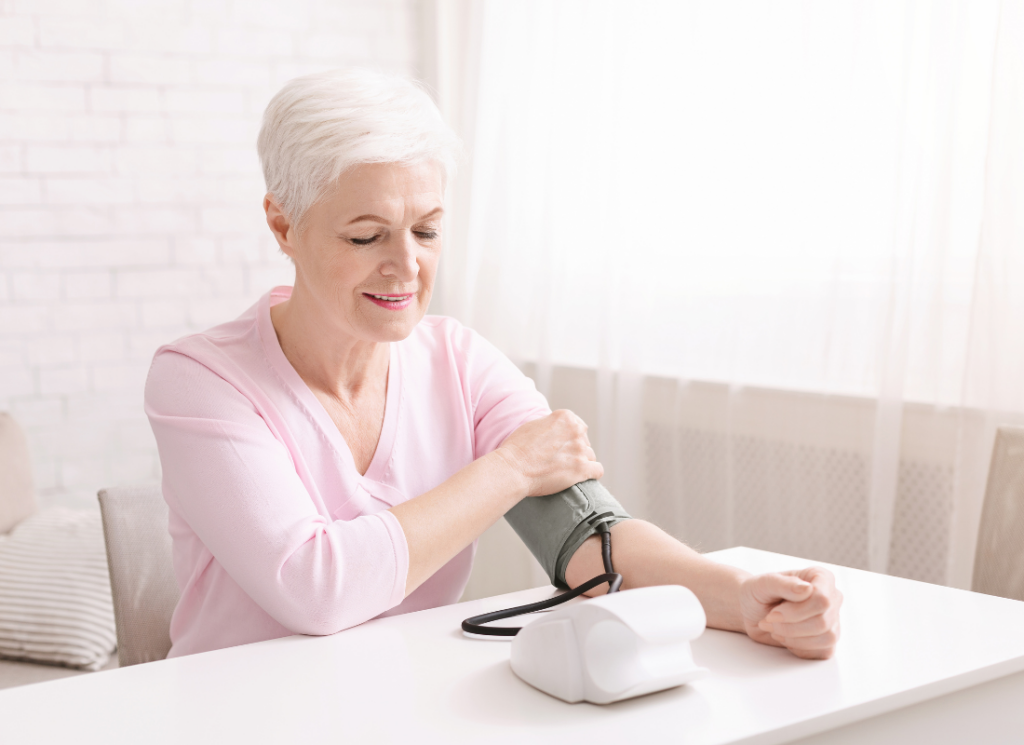





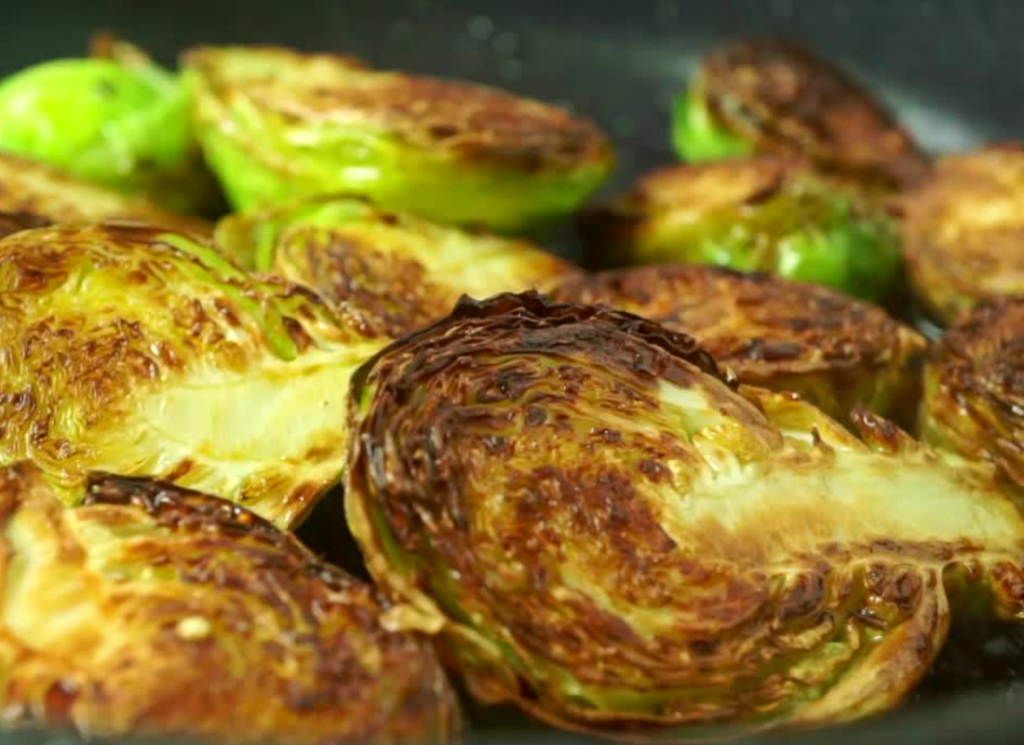
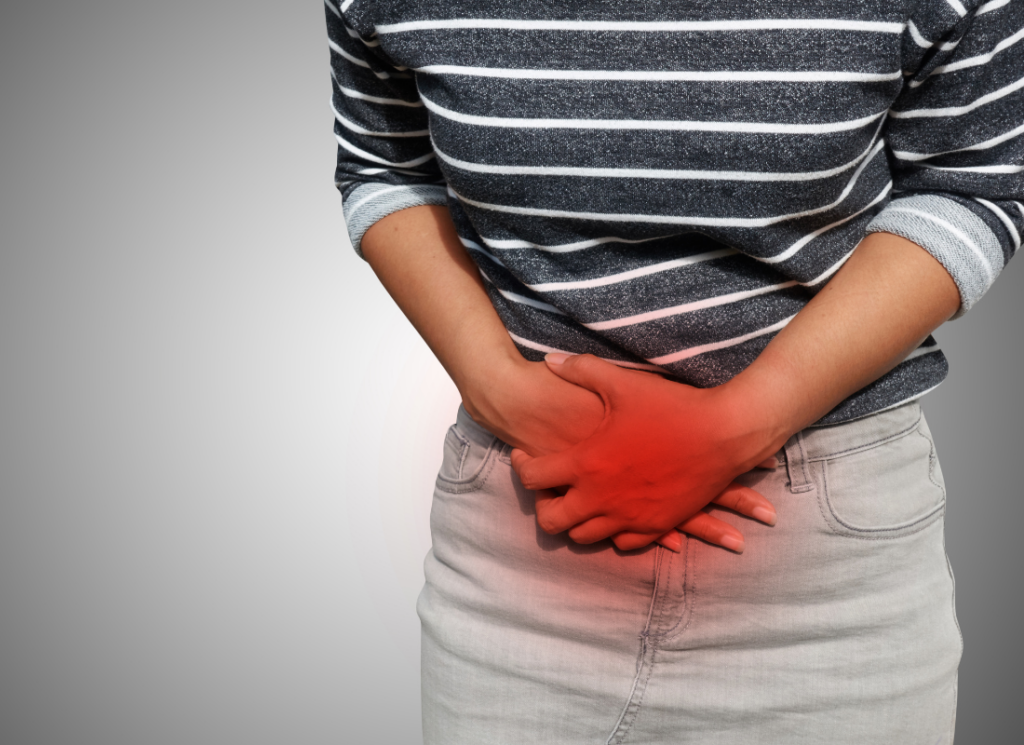


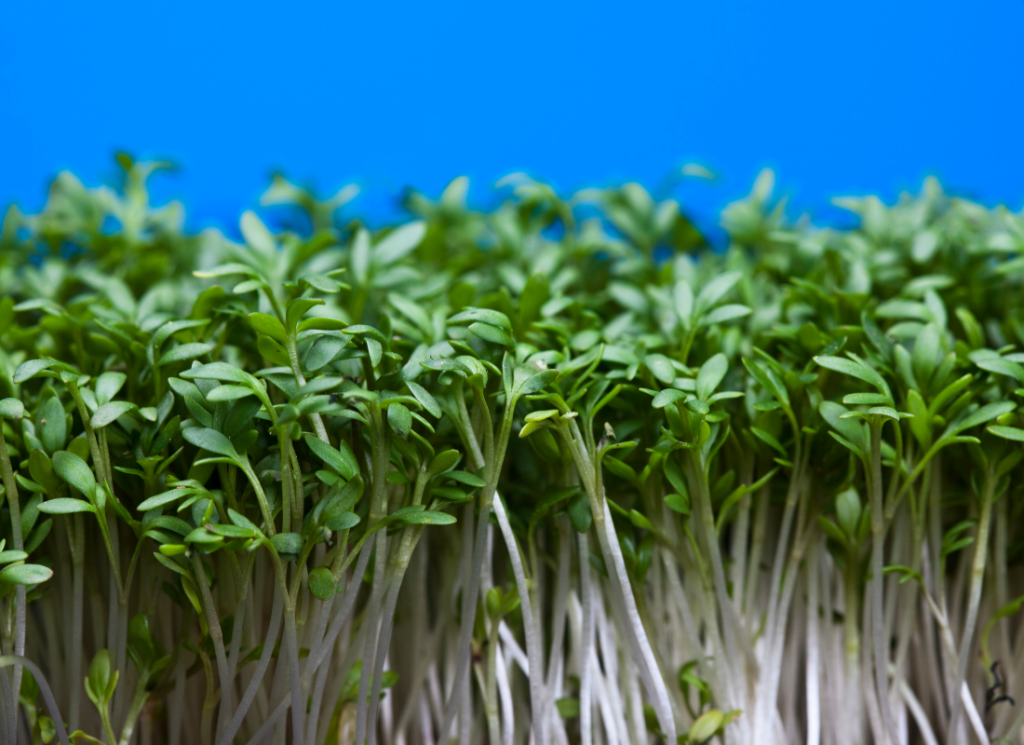

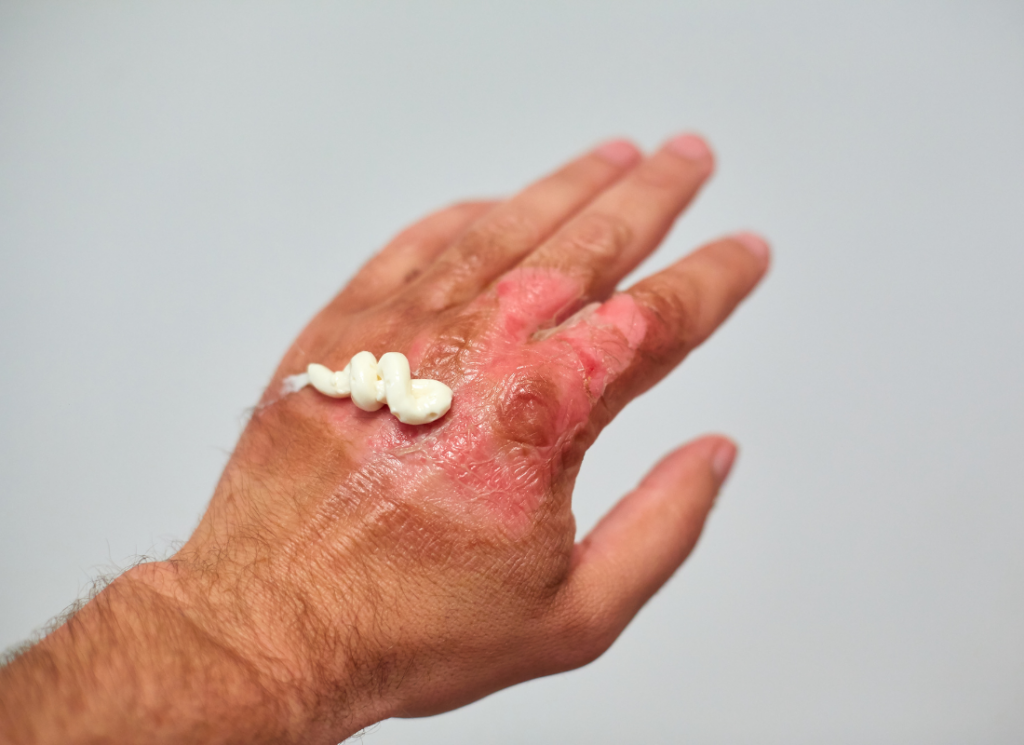

you are truly a just right webmaster. The site loading speed is incredible. It kind of feels that you’re doing any distinctive trick. In addition, The contents are masterwork. you have done a great activity in this matter!
Thank you very much, it’s really uplifting what you wrote